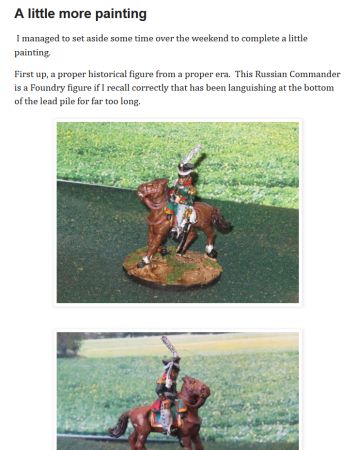
The Fall & Flight of Napoleon
299 pages. 8 pages of B&W illustrations. 4 maps. Index. Bibliography.
TABLE OF CONTENTS
Cast of Characters
1 - The fall of the colossus
2 - Surrounded by wolves
3 - An ambiguous mission
4 - Journey into exile
5 - A change of fortunes
6 - The King of Elba
7 - A very small island
8 - The fruits of victory
9 - Family affairs
10 - Two kinds of love
11 - A man of ordinary talents?
12 - The game of secrets
13 - Confidential friends
14 - The threat of default
15 - Perfidious intrigues
16 - Necessary preparations
17 - The last of Elba
18 - The flight of the eagle
19 - The test of success
20 - Caught in a whirlwind
21 - Imperial magic
Epilogue
This is a reprint of the 1982 book, originally published by Oxford University Press.
The year is 1814. The story begins with Napoleon trapped and no longer able to stall for time, at last forced by friends and foes alike to abdicate - to instead become the ruler of the poverty-stricken island of Elba.
As if the story alone is not sufficiently of interest, the author makes a case that no episode in Napoleon's long career best shows his character than the brief interlude on Elba:
Prologue (p.1):
It shows the egotism of the Corsican soldier of fortune who has tamed a revolution, crowned himself like a Caesar, married a Habsburg, and become the master of Europe. It reveals the brooding patience and the capacity for sudden decision that mark a brilliant commander, the systematic vision of the lawgiver, the benevolence with which he patronizes the arts and sciences, encourages manufacturers, trade, improves agriculture, education, and sanitation, builds roads and harbours.
The first few chapters make fascinating reading, as Napoleon's last gamble has left his armies badly positioned, his marshals see the end coming and take sides, and both politicians and family members take steps that eventually put the Emperor at the mercy of Tsar Alexander, who rushes the Allies into the "Elba solution."
Napoleon is even forced to accept an escort of foreign troops to protect him against his own former subjects, and then would rather put his trust in British ships for the brief voyage to his new domain. Meanwhile, the inhabitants of Elba were even more confused:
A change of fortunes (p.69):
This was a strange occasion for the Elban officials... Two weeks before they had been governing Elba on Napoleon's behalf, as part of the Empire; they had since passed through a half-hearted rebellion, a military mutiny, and a threat of British annexation to find themselves agents of the Bourbon restoration; and they were now to serve Napoleon again, though in an altered and much-reduced state.
The majority of the book then relates Napoleon's adventures on Elba - his grand schemes (and failures to follow through), his rendezvous with a past love (and failure to reunite with his wife, Marie-Louise), and the ongoing maneuvering by the many spies eager to ascertain Napoleon's true plans.
This part of the book at times drags, perhaps accurately reflecting the Emperor's moods of boredom and frustration, but what keeps the tension alive is the author's continuing reports on the international situation: the intrigues at the Congress of Vienna, the plots to overthrow Murat in Naples, and most importantly, the Bourbons' self-destructive failure to honor their treaty with Napoleon.
I found that this book at last answered the riddle that had most puzzled me through previous histories: why did Napoleon leave Elba? And why return to France, rather than proceed to Italy, England, or even America? Rather than portraying the Emperor merely as a gambler, MacKenzie does a masterful job of putting all the influences in place, and making the decision to return to France understandable.
The book ends with the tale of Napoleon's escape from his island, the maneuvers at sea, and then the amazing march through France as former subjects, soldiers and marshals once again are forced to choose for or against the Emperor.
Caught in a whirlwind (p.247):
It was then too late even to organize an orderly retreat. The crowds in the street were openly reading Napoleon's proclamations, and the soldiers were sporting tricolour cockades, chanting barrack-room jingles in favour of the Emperor, and calling over the walls to the Polish lancers and the crowd of excited peasants... 'Will the officers fire if the men refuse to do so?' [General] Marchand asked a royalist lieutenant of artillery. 'We should be hacked to pieces on our own guns if we did,' he repied.
In summary, this is a wonderful narration of a critical episode in Napoleonic history, not only described but explained (as much as it can be) even to the satisfaction of a history buff such as me.
Reviewed by ![]() Editor in Chief Bill
Editor in Chief Bill ![]()
![]() .
.








